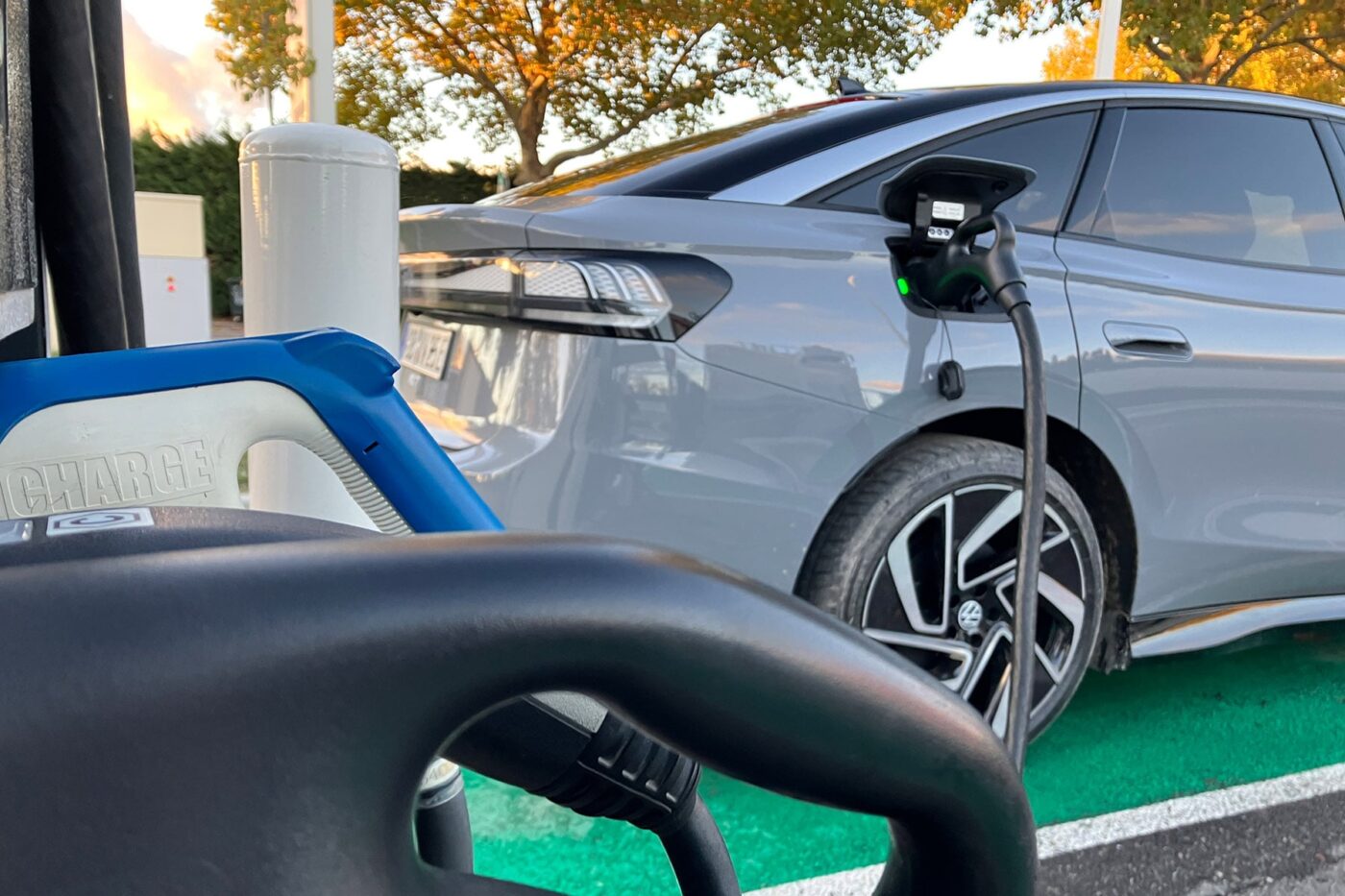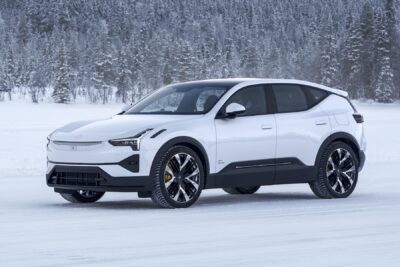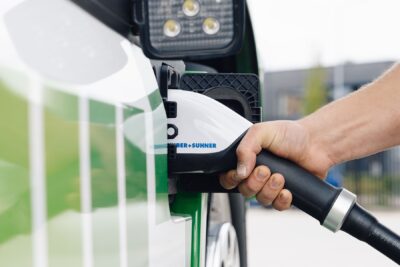Germany to phase out environmental bonus at the end of the year
“We will phase out the environmental bonus, i.e. the subsidy for EVs – sooner,” said German Economics Minister Robert Habeck at a press conference with Federal Chancellor Olaf Scholz and Finance Minister Christian Lindner on Wednesday. “It pains me, but that is the price we must pay for maintaining the central components, the pillars of the Climate and Transformation Fund.”
And “sooner” appears to be very soon. According to German newspaper Handelsblatt, EV drivers will no longer be able to apply for subsidies in Germany as of January. Initially, the environmental bonus was to continue until the end of 2024. Many understood Habeck’s remarks to mean that the government would reduce the amount available for subsidies and that it would not be enough for all of next year. That it will not be available at all comes as a surprise.
Either way, in line with the amended funding guidelines for the environmental bonus, the government’s share would have dropped next year. And only BEVs and FCEVs with a net list price of up to 45,000 euros would have been eligible. Numerous models with a net list price of over 45,000 euros would have thus been excluded entirely from the subsidy, and the subsidy amount for vehicles under 40,000 euros was to be reduced, too.
It seems that German EV buyers can still apply for subsidies this year. However, to be eligible, buyers must have already received their vehicle. Some manufacturers promise to pay their share of the bonus if a car is ordered in 2023 – if not, buyers will not receive any incentives.
The announcement to phase out incentives comes after the German Federal Constitutional Court declared the appropriation of funds – initially set aside to fight the Covid pandemic – for climate protection projects unlawful in mid-November. The German government thus had to cut spending, and the Climate and Transformation Fund (KTF) is at the centre of these cuts. According to the government, the KTF will still be “the central instrument for climate-friendly transformation.” However, the budget will be significantly reduced – by twelve billion euros in 2024, and a total of 45 billion euros by 2027. The total volume of the fund will then be around 160 billion euros.
However, the taxation of diesel compared to petrol – colloquially known as the “diesel privilege” – which has been criticised again since the ruling, will not be touched. The company car tax and commuter allowance are not affected either.
Precisely that is being criticised. “In too many areas, this compromise amounts to a standstill instead of the progress promised by the government. The cost-saving budget pushed through by the FDP cuts support for the solar industry and allows subsidies for EVs to expire earlier,” said Greenpeace economic expert Bastian Neuwirth in an initial statement. “But the harmful company car privilege will not be abolished, and diesel fuel will be subsidised to the tune of billions more – this is hampering ecological modernisation.”
How the automotive industry will react to the incentive scrappage remains to be seen. If they have not already done so, manufacturers could still issue environmental bonus guarantees or grant rebates in 2024, at least in the amount of the manufacturer’s share, to give their customers some planning security. However, this is not necessarily to be expected from premium manufacturers: due to the planned lowering of the upper price limit to 45,000 euros net, many of their models would have fallen out of the subsidy scheme anyway – previously, vehicles with a net base price of up to 60,000 euros were eligible for the subsidy.
However, this is likely to be only a temporary setback in 2024. After all, with the EU guidelines for fleet emissions and fuel consumption coming into force in 2025, more electric cars will need to hit the road to offset the CO2 emissions of combustion engines.
handelsblatt.com, tagesschau.de, deutschlandfunk.de, greenpeace.de (all in German)





0 Comments